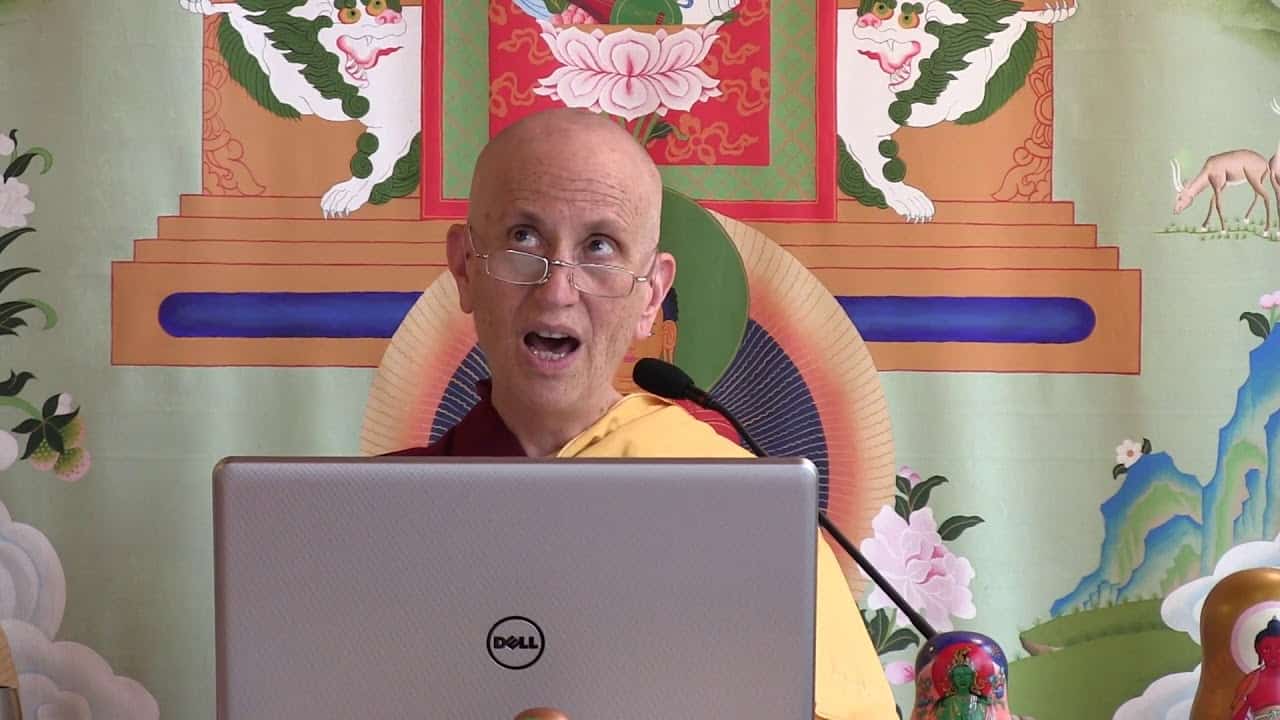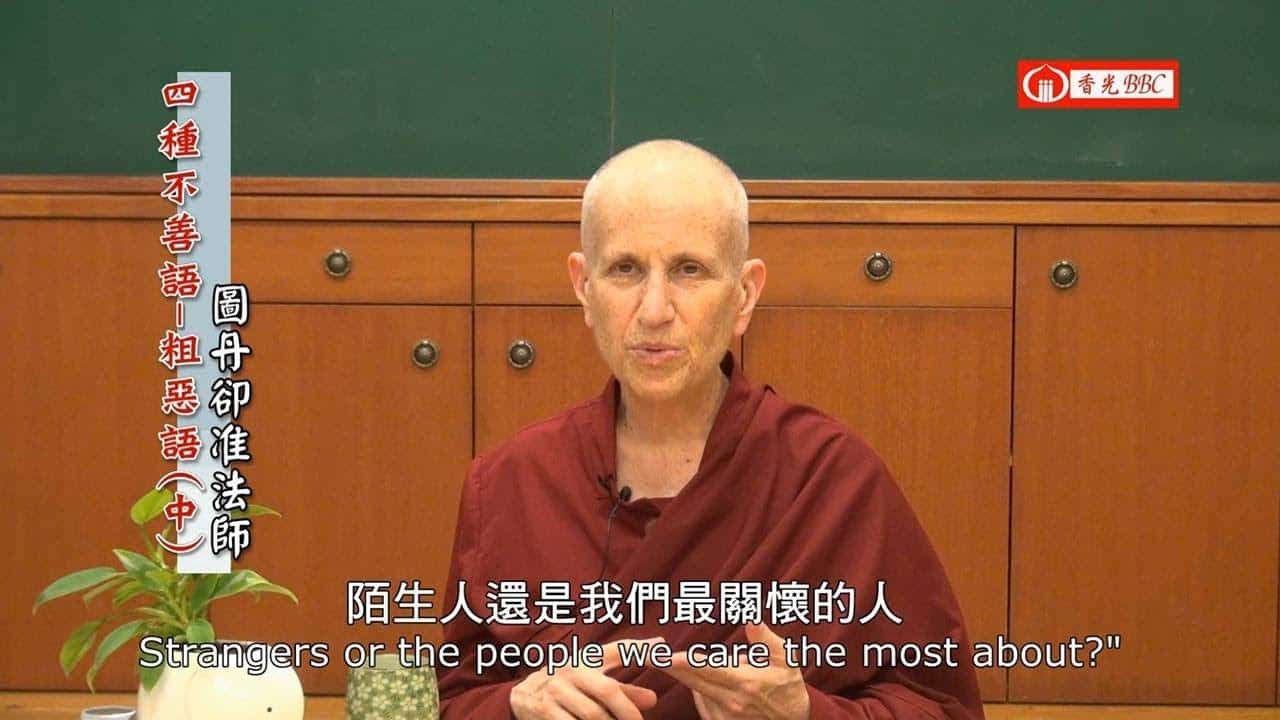Three kinds of dependent arising
The text turns to training the mind on the stages of the path of advanced level practitioners. Part of a series of teachings on the Gomchen Lamrim by Gomchen Ngawang Drakpa. Visit Gomchen Lamrim Study Guide for a full list of contemplation points for the series.
- Illusory appearances after either realization of emptiness
- How realizations come gradually and understand the sequence of realizations
- Why dependent arising is the monarch of reasonings
- Causal dependence that applies to conditioned phenomena
- The two categorizes of dependent designation
135 Gomchen Lamrim: Three Kinds of Dependent Arising (download)
Contemplation points
- What are some ways that a strong sense of “I” is triggered in your own mind? Why is challenging the appearance of that “I” such an important part of the path?
- Spend some time thinking of your afflictions and karma as like clouds, dreams, illusions, and emanations. What does thinking about them in this way do for your mind? How might actually seeing things as illusion-like change the way you interact with the world?
- Consider the sequence of understanding dependent arising and emptiness: understanding causal dependence, then mutual dependence, then dependent designation, then emptiness, and finally that things do not appear in the way they exist. Why do our realizations unfold in this way? Why is it so important to understand that these realizations develop slowly and gradually over time?
- Why does Tsong Khapa stress the importance of first studying conventional reality before emptiness? What is the danger in not following this advice?
- Causal dependence is the first level of understanding dependent arising and is common to all the Buddhist traditions, as well as all the schools and vehicles. Why is it so important to avoid skipping over causal dependence to focus on the more subtle levels of dependent arising? How might spending time cultivating it in your mind help transform the way you relate to things?
- With dependent designation of mutual establishment (relational dependence) we’re talking about how things become what they are in relation to something else. Venerable Chodron said it can be very interesting to meditate on this using the identities you hold for yourself, the things that you think you are. Take some time to do this – select some of the identities you hold (race, gender, religion, educational level, social status, nationality, etc) and examine how they are all established in relationship to something else; that none of them exist in and of themselves. How does it change your feeling for who you think you are?
Venerable Thubten Chodron
Venerable Chodron emphasizes the practical application of Buddha’s teachings in our daily lives and is especially skilled at explaining them in ways easily understood and practiced by Westerners. She is well known for her warm, humorous, and lucid teachings. She was ordained as a Buddhist nun in 1977 by Kyabje Ling Rinpoche in Dharamsala, India, and in 1986 she received bhikshuni (full) ordination in Taiwan. Read her full bio.


